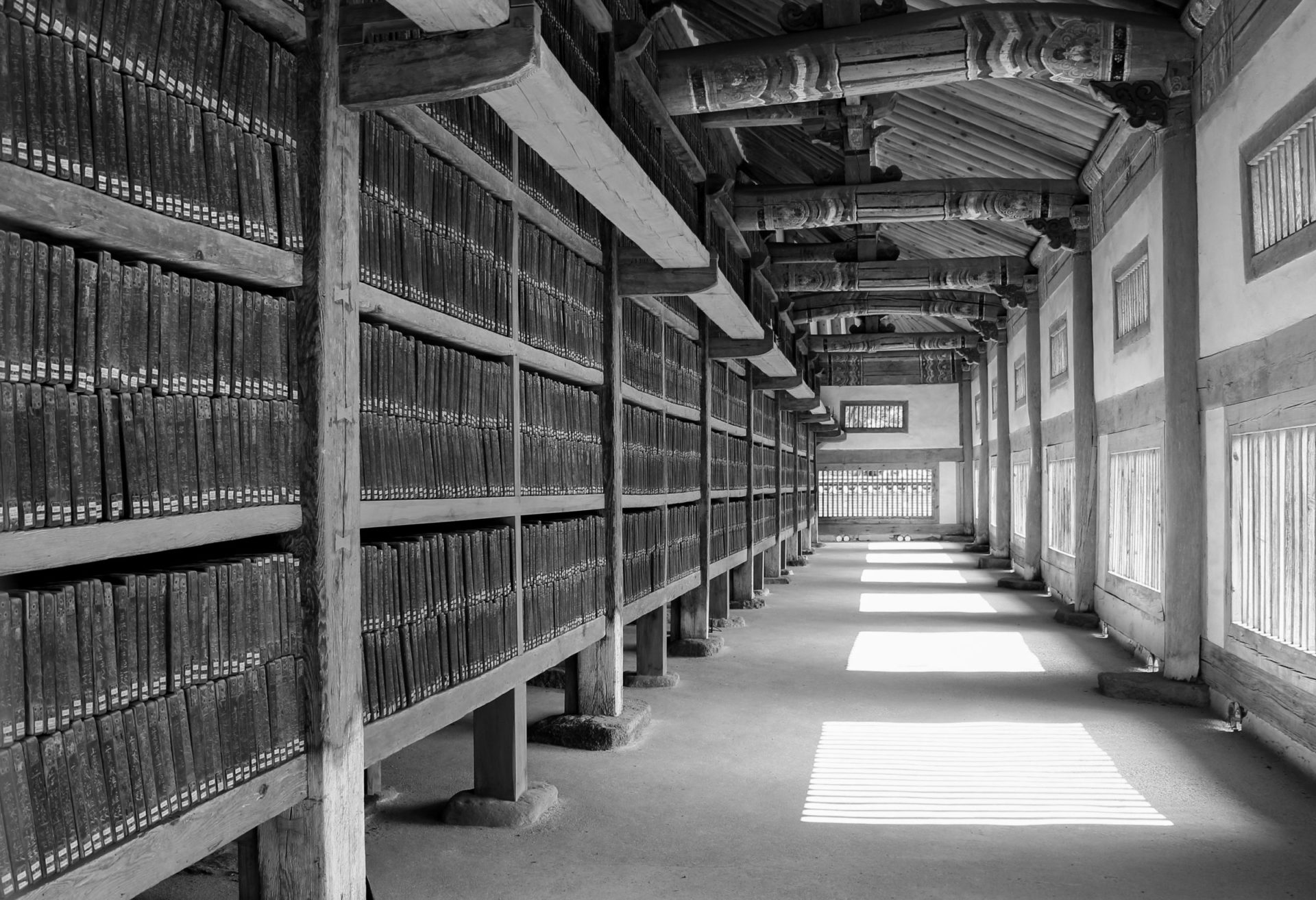Essay by Nicholas Carr: “…Communication systems are also transportation systems. Each medium carries information from here to there, whether in the form of thoughts and opinions, commands and decrees, or artworks and entertainments.
What Innis saw is that some media are particularly good at transporting information across space, while others are particularly good at transporting it through time. Some are space-biased while others are time-biased. Each medium’s temporal or spatial emphasis stems from its material qualities. Time-biased media tend to be heavy and durable. They last a long time, but they are not easy to move around. Think of a gravestone carved out of granite or marble. Its message can remain legible for centuries, but only those who visit the cemetery are able to read it. Space-biased media tend to be lightweight and portable. They’re easy to carry, but they decay or degrade quickly. Think of a newspaper printed on cheap, thin stock. It can be distributed in the morning to a large, widely dispersed readership, but by evening it’s in the trash.

Bernard Gagnon / Wikimedia
Because every society organizes and sustains itself through acts of communication, the material biases of media do more than determine how long messages last or how far they reach. They play an important role in shaping a society’s size, form, and character — and ultimately its fate. As the sociologist Andrew Wernick explained in a 1999 essay on Innis, “The portability of media influences the extent, and the durability of media the longevity, of empires, institutions, and cultures.”
In societies where time-biased media are dominant, the emphasis is on tradition and ritual, on maintaining continuity with the past. People are held together by shared beliefs, often religious or mythologic, passed down through generations. Elders are venerated, and power typically resides in a theocracy or monarchy. Because the society lacks the means to transfer knowledge and exert influence across a broad territory, it tends to remain small and insular. If it grows, it does so in a decentralized fashion, through the establishment of self-contained settlements that hold the same traditions and beliefs…(More)”